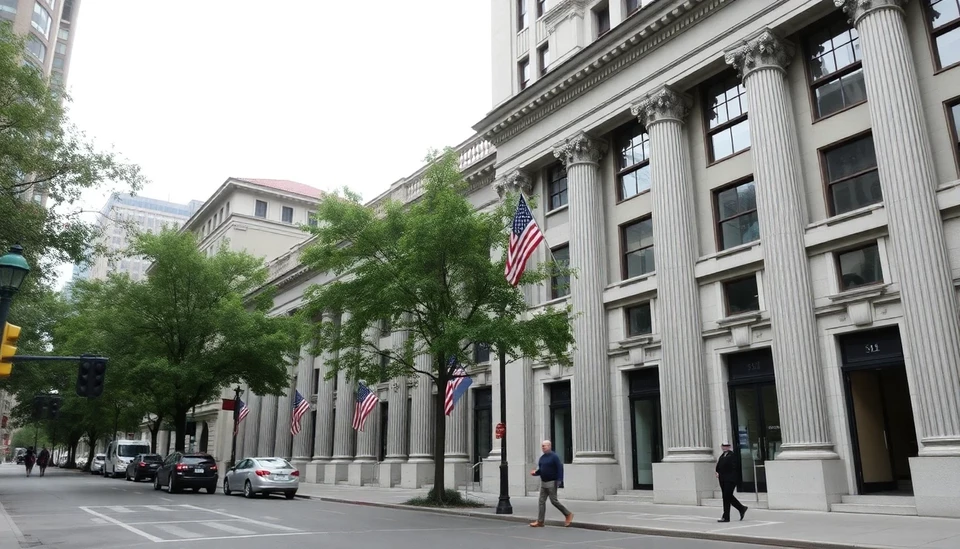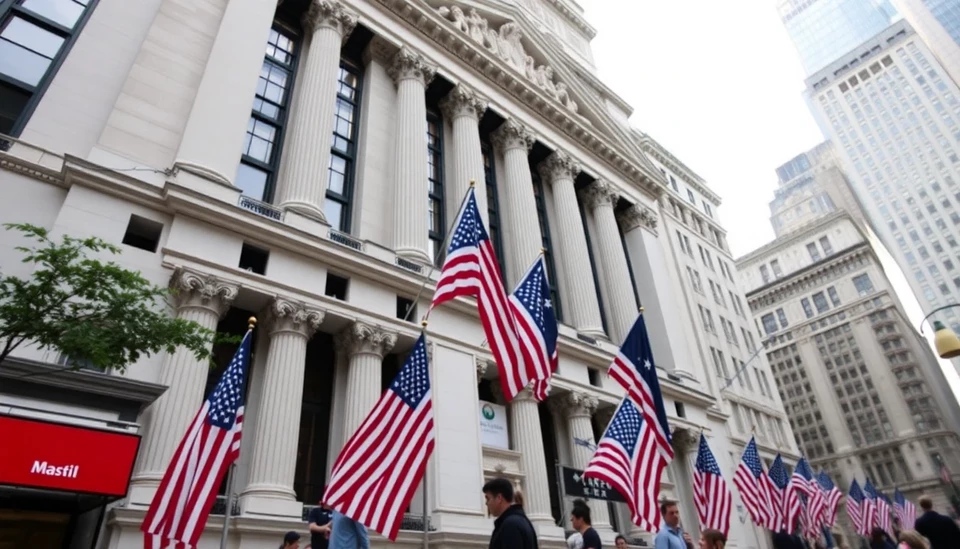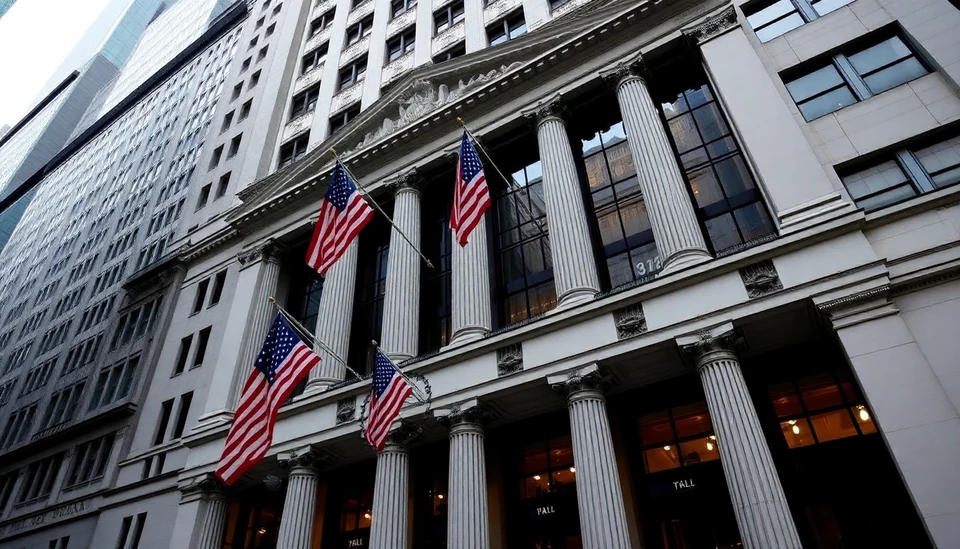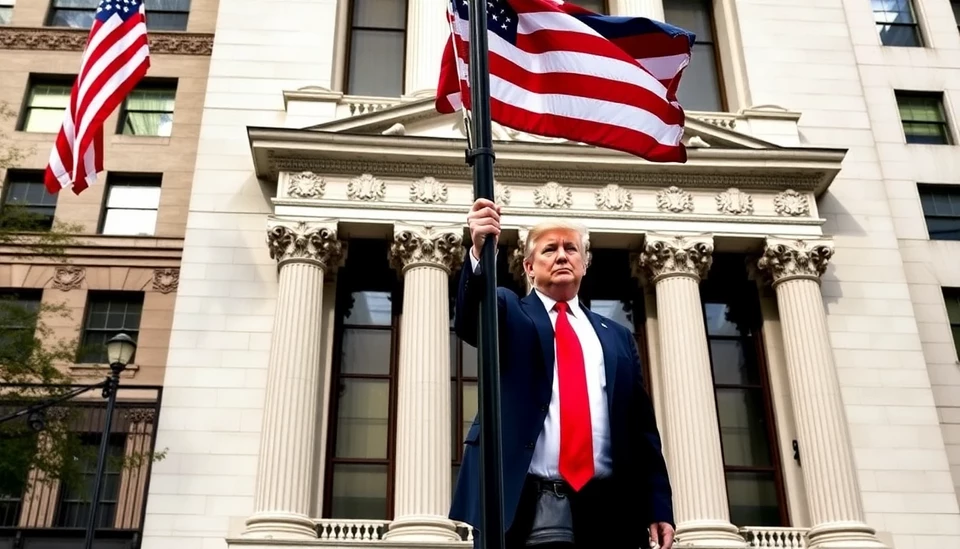
In a significant turn of events, several prominent Wall Street banks, which had previously distanced themselves from a major climate-focused organization, have recently been cleared of any repercussions by the Texas state government. This decision marks a critical moment in the ongoing debate about the intersection of finance and climate action, especially in a state known for its substantial fossil fuel industry.
The banks involved, which had initially joined a collective of financial institutions advocating for more stringent climate policies, faced considerable pushback after Texas officials expressed concerns over their commitments to reducing carbon footprints. The situation became particularly tense when state officials warned that any engagement with climate-related groups could jeopardize their partnerships with state-funded projects and investments.
However, following negotiations and reassurances regarding their operations and commitments, Texas officials have now indicated that these banks will not face penalties for their previous affiliations. This change of heart highlights the complexities that arise when financial institutions align themselves with environmental initiatives while operating in a state where fossil fuels play a pivotal role in the economy.
This development has broader implications not only for the banks themselves but also for the entire financial sector. As more companies grapple with the dual pressures of climate activism and economic viability, the Texas case exemplifies the challenges faced in implementing environmental, social, and governance (ESG) criteria. The reinstatement of these banks suggests that while climate initiatives are a priority for many on Wall Street, the pushback from states heavily invested in traditional energy sources can create significant friction.
Industry analysts believe this may influence other states with similar economic profiles to reconsider their stance on corporate commitments to climate initiatives. With the financial sector under increasing scrutiny, the decisions made by these banks could serve as a precedent for how institutions navigate their responsibilities towards climate action in the face of local political pressures.
In light of this recent escalation, stakeholders are keenly observing the response from both the financial industry and environmental advocacy groups. The path forward remains uncertain as banks strive to balance their public climate commitments with the realities dictated by state and local economics.
The unfolding dynamics will undoubtedly shape the dialogue around responsible finance and the future direction of the climate agenda within the corporate world.
As Wall Street banks cautiously approach the climate conversation, the clock is ticking on achieving substantial, tangible results in the fight against climate change—debates that will likely intensify as the world heads into a new year.
In conclusion, the cleared status of these banks in Texas serves as an important reminder of the challenges that lie ahead in reconciling financial operations with environmental stewardship. The broader implications of these decisions will resonate through both financial and environmental policy discussions across the nation.
#WallStreet #Texas #ClimateChange #Finance #Sustainability #ESG #FossilFuels #InvestmentPolicy #BankingIndustry #EnvironmentalStewardship
Author: Sophie Bennett




